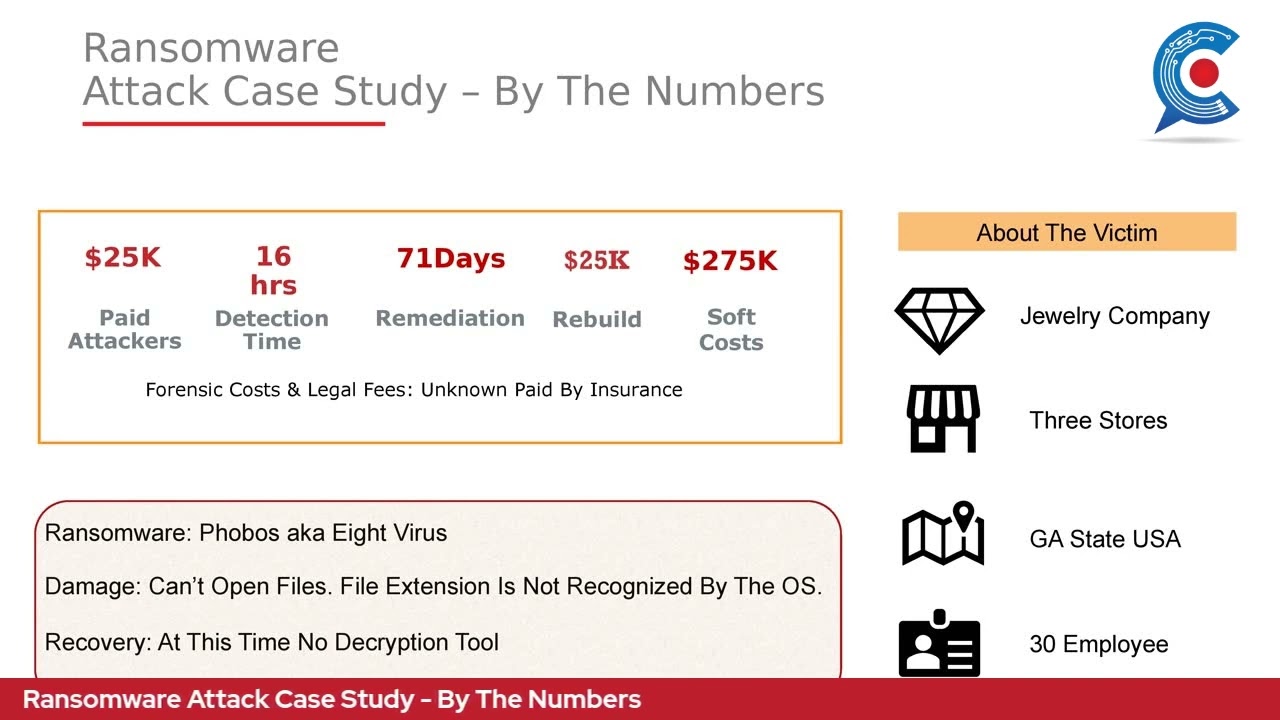Did you know that about 50% of small to medium-sized businesses have faced Cyberattacks, and many of them get hit more than once? It’s a tough reality, especially when you consider that cybercrime costs the global economy around $445 billion every year.1 A big chunk of that comes from stealing things like intellectual property and customer data.
Social media attacks alone rake in over $3 billion annually for hackers, and that number has jumped 60% since 2017.2 This just shows how attractive these platforms are for cybercriminals looking to make a quick profit.

Reasons Small Businesses Are Targeted
But why would hackers go after small businesses on social media? It’s a bit of a gold mine for them, and here’s why:
1. Limited Resources
Do you have a huge IT department or more advanced Cybersecurity tools? If not, you’re not alone. That’s actually the case for most small businesses.
About 71% of security breaches hit small businesses and around half of those experience direct Cyberattacks. Without the budget for top-notch security, malicious actors see this as an easy opportunity to sneak in.
2. Your Data is Valuable
Even as a small business, you handle important data like customer credit card details and personal information. This data might not have the same level of protection as larger companies, so hackers can use your business as a way to get into bigger networks.
Plus, about 60% of small businesses close their doors within six months of a cyber breach—which shows how critical data protection is.
3. More Online Activity, More Risk
With everything shifting online, especially after the pandemic, small businesses are doing more transactions and using more cloud services.
But without strong endpoint protection or any type of layered security in place, this just opens up more chances for hackers to attack. The more active you are online, the more exposed you become.
The Dangers of Social Media Scams
When it comes to social media scams, the numbers are eye-opening. The Federal Trade Commission (FTC) reports that from January 2021 to June 2023, people lost a whopping $2.7 billion due to scams that started on social media.
Just in the first half of 2023, more than half of those losses were linked to investment scams pushed on these platforms. You might be surprised to learn that the most common scams included undelivered goods, which made up 44% of the reports, and a lot of investment scams, especially in cryptocurrency.
Scammers often use sites like Facebook and Instagram to deceive you with fake ads that promise huge returns on investments. It’s a real reminder to stay alert while scrolling through your feeds!
How Companies Collect Your Data
Many companies collect and keep a lot of data about you, often in ways you might not even realize. This data comes from both users and non-users and includes details about your activities on and off social media.
They gather personal information, demographics, interests, behaviors, and even your activities elsewhere on the internet. Some of this data is what you share yourself, while other bits are collected passively or guessed based on your actions.
Plus, companies sometimes buy information from data brokers, which can include details like your household income, location, and personal interests. It’s a lot more than you might think!
Furthermore, companies make money by selling advertising services to other businesses, mostly by using your personal information. This all happens behind the scenes, so you might not even notice it, but it can put your privacy at risk. For example, some companies use tracking technologies like pixels that can send sensitive information about what you do online back to the social media platforms that use them. This means your actions are being watched and shared without you knowing.
The FTC also discovered that algorithms, data analytics, and artificial intelligence (AI) are widely used to handle personal information from both users and non-users. These technologies drive everything on social media, from content recommendations and searches to ads and even guessing details about you. Unfortunately, you often have little control over how your personal information is used in these AI-driven systems.
Are You Prepared For Cyber Attacks Before They Occur?
Emerging trends show that malware attacks on small businesses are shifting towards data theft, with attackers using smarter social engineering tactics.
According to the Sophos 2024 Threat Report, they’re getting more creative with methods like phishing and malvertising to take advantage of weaknesses in business operations.
| Unfortunately, many small businesses aren’t ready for these threats. A 2022 poll by UpCity found that 50% of small and medium-sized businesses still don’t have a Cybersecurity plan in place. To avoid being an easy target, businesses must take action now. |
Here are some easy ways you can protect your business online and on social media:
- Use long passwords that mix letters, numbers, and special characters. Change them regularly and avoid using the same password for different accounts.
- Enable two-factor authentication (2FA) or multi-factor authentication (MFA): Even if someone gets your password, they’ll need a second code sent to your phone or email to log in.
- Train your employees about online safety. Make sure they know how to spot phishing emails and scams, so they don’t accidentally share sensitive information.
- Regularly update your software, apps, and security tools. These updates often include fixes for security vulnerabilities that hackers could exploit.
- Review and adjust the privacy settings on your social media accounts. Limit who can see your posts and who can contact you.
- Be cautious with links and downloads from unknown sources. These can contain malware that harms your devices.
- Regularly check your social media and online accounts for any unusual activity. If you see anything strange, act quickly to secure your accounts.
- Make regular backups of your important data. If you ever lose it due to a cyberattack, you’ll have a copy you can restore.
- Always use secure Wi-Fi connections and consider using a VPN (Virtual Private Network) when accessing public Wi-Fi. This helps protect your data from snoopers.
- If you’re unsure about your online security, consider hiring a Cybersecurity expert to help you set up the right protections.
| We recommend checking out our Cybersecurity for Small Businesses guide. Don’t be a sitting duck. |

FAQ
Why Do Hackers Use Social Media?
Hackers use social media because it’s an easy way to find personal information about you and your business. They can con you into clicking on bad links or sharing sensitive details. Social media also lets them reach a lot of people quickly, making it a popular tool for their scams.
Why Do Hackers Often Set Their Sights On Small Businesses?
Hackers often target small businesses because they know these companies handle valuable data, like credit card information, Social Security numbers, and other personal details. Small businesses usually have weaker security measures, making it easier for hackers to steal this data and sell it on the dark web for a quick profit.
Why Small Businesses Need To Take Cybersecurity Seriously?
Small businesses need to take Cybersecurity seriously because they are often targeted by hackers. At 2Secure, we work with many small and medium-sized businesses (SMBs) and see how they fall prey to Ransomware attacks, social engineering, and data theft. To protect yourself, it’s necessary to have powerful endpoint protection and other security measures in place.

Source:
- (n.d.). THE IMPACT OF Cybersecurity ON SMALL BUSINESS [Review of THE IMPACT OF Cybersecurity ON SMALL BUSINESS]. In sbir.gov. SBIR STTR . https://www.sbir.gov/sites/all/themes/sbir/dawnbreaker/img/documents/Course10-Tutorial1.pdf
- Social Media Attacks. (2020). https://www.hhs.gov/sites/default/files/social-media-attacks.pdf




